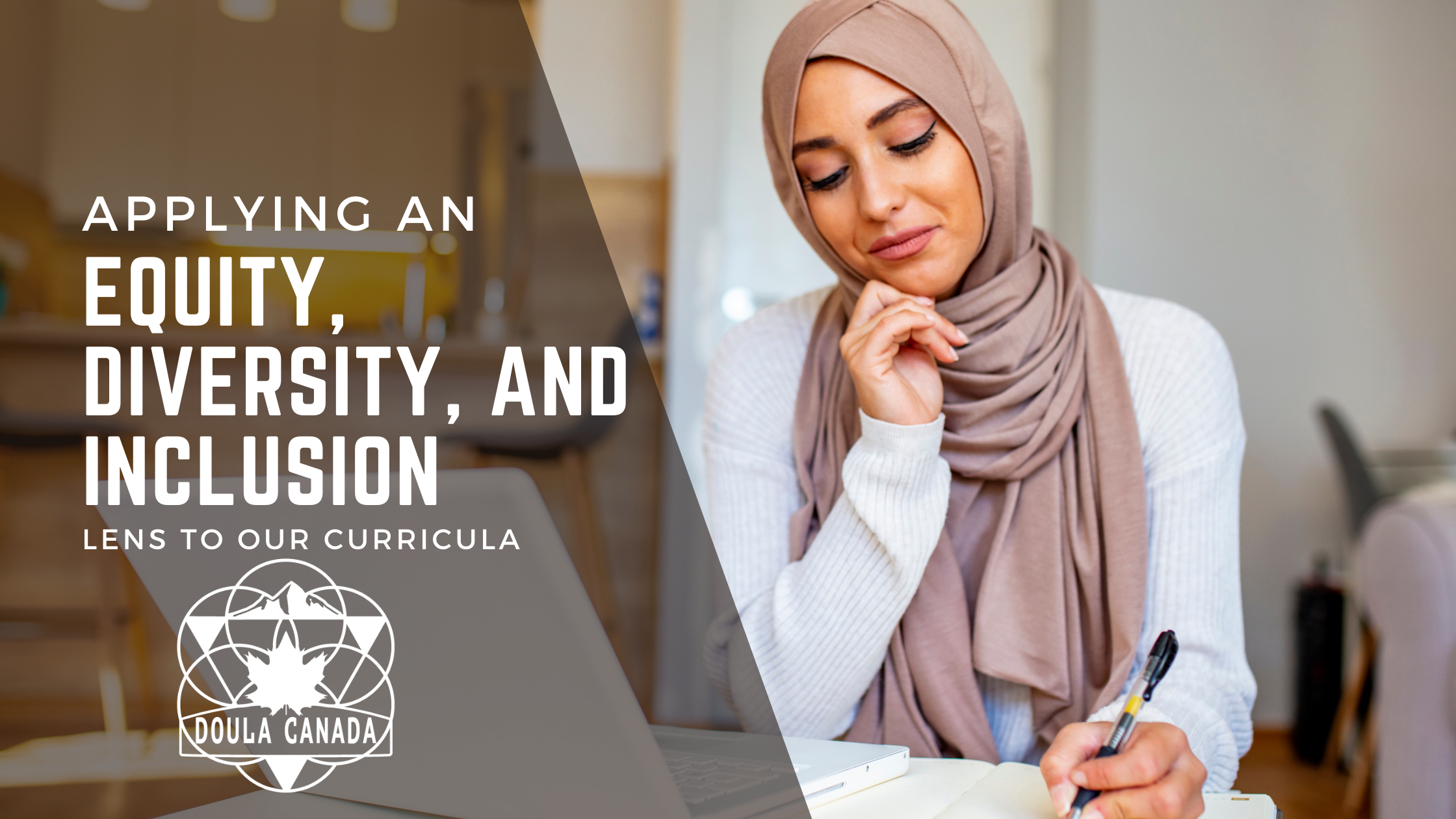[vc_row][vc_column][vc_column_text css=”.vc_custom_1754426425616{margin-bottom: 0px !important;}”]Welcoming a new person into your home and the world is always an emotional and life-changing experience with so much joy, but also many challenges and adjustments. Imagine navigating all of the usual challenges, when additionally you can’t hear your baby’s cries, see if they are too hot or too cold, or don’t have the mobility to do diaper changes or easily lift your baby.
This is a reality for many new parents, and it’s a reality we don’t see reflected in popular culture or in services and support for new parents. Disabled people are rarely depicted in parenting roles, despite the fact that 1 in 8 birthing people identifies as having a disability. One of the features of ableism is that disabled people are infantilized and not seen as sexual beings. As a result of these stereotypical and inaccurate beliefs, disabled people are assumed to not be parents.
Additionally, until well into the 20th century, disabled people existed in a climate of eugenics, where many disabled people were unnecessarily advised not to reproduce and in some instances, sterilized against their will.
Even today, many disabled people report that they are discouraged from childbearing, and given inaccurate or misleading information about the impact of their disability on their fertility or ability to child bear.
There is a growing body of research that shows that perinatal care providers are woefully uninformed or misinformed about the needs of disabled pregnant people. Just finding a clinic with an accessible exam room and other disability accommodations can be challenging and severely limit provider choice. Physicians and midwives are not trained on the needs of disabled patients and they themselves report that they feel insecure providing care to disabled patients.
For parents who need assistance with newborn care, funded options are limited. In Ontario, there is a program called the Nurturing Assistance program. This program provides access to a support worker who can provide neonatal care under the parent’s direction, while the parent is present and involved in care. Support like this empowers parents to bond with their newborn while receiving assistance on their terms with the tasks that their disability limits them from performing.
While Nurturing Assistance is an excellent resource, there are many challenges with the current program. Firstly, only individuals who meet the criteria for the self-directed funding program are eligible for nurturing assistance. This means people who do not need a support person for their own activities of daily living, but who do need assistance with newborn care are not eligible for funding. As a result, only a small proportion of disabled parents in Ontario can receive support from this program.
Further, the support is usually provided by Personal Support Workers, often through agencies where the disabled parent is already receiving support. Personal Support Workers do not receive training on neonatal care and are often unwilling to accept such assignments or struggle to provide adequate support.
Disabled parents who do not qualify for the Nurturing Assistance program must pay for a support person out of pocket if this accommodation is needed.
Whether the support person is paid out of pocket or through public funding for the rare families who qualify, support from a postpartum doula is an excellent way for disabled parents to receive nurturing assistance. More disabled parents need to be aware that trained support from postpartum doulas is available, and that funding from the Nurturing Assistance program can be used to hire doulas. Doulas need to be competent and comfortable providing support to disabled parents. They are key members of the parenting community who can truly benefit from the skills we bring to the table.
[/vc_column_text][/vc_column][/vc_row]

